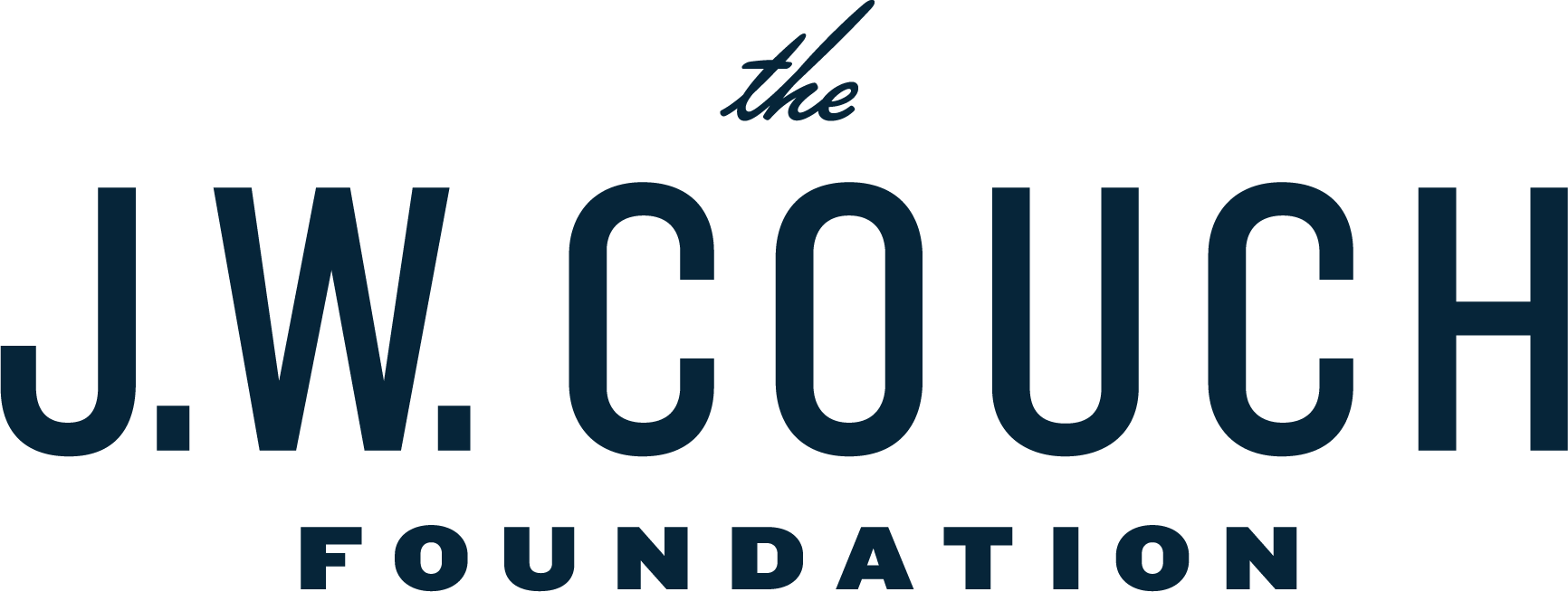How Can Artificial Intelligence Help Nonprofit Organizations?
Lately, there has been a lot of talk about Artificial Intelligence (AI) and software such as ChatGPT. The technology certainly has the potential to revolutionize various industries, but I'm curious about what it could mean for nonprofits. Often understaffed, underpaid, and underappreciated, could AI allow these organizations to do more with less and create a more positive impact on communities? By leveraging AI-enabled technologies and tools, nonprofits could effectively gain insights about their supporters, automate tedious tasks, and better manage their resources.
Analyzing Supporters
One of the most potent ways nonprofits can leverage AI is by analyzing their supporters' behavior. By tracking data points like donation amounts and frequency, open email rates, and website visits, nonprofits can gain valuable insights into what motivates their supporters and how they interact with the organization. This data can help organizations understand which messages resonate with their audience and tailor content accordingly for maximum impact.
Nonprofits can use AI to gain valuable insights about their supporters. For example, one way to analyze supporters is by tracking the number of donations they make and how often they donate. By collecting and analyzing this information, nonprofits can discover patterns that show which campaigns have the most success and which appeals drive the most giving.
To set up AI to analyze nonprofit supporters, organizations should start by collecting relevant data points like donation amounts and frequency, email open rates, website visits, and other metrics from their supporters. This information can then be used to create an AI-powered analytics model that will help nonprofits identify patterns in the data, such as which campaigns have the most success or which appeals have a higher success rate in terms of donations. Additionally, this model can track supporter behavior over time to provide insights into how they interact with the organization and what resonates best with them. After setting up the AI model, organizations should regularly update it with new data points to stay relevant and provide accurate insights over time.
The cost to set up AI-powered analytics for a nonprofit organization depends on a number of factors, such as the type and size of the organization, its IT infrastructure, and the level of sophistication required in the model. Generally speaking, setting up an AI-powered analytics model can be relatively affordable; however, various associated costs could arise.
There are a number of companies that specialize in helping nonprofits set up AI-powered analytics models to gain insights about their supporters. Companies like Aptly, Salesforce, and DataRobot offer services to help nonprofits use AI to analyze supporter behavior and uncover patterns in their data.
Automation
Many of the mundane tasks associated with running a nonprofit organization—like scheduling meetings or sending out thank you emails—can be time-consuming and tedious. Fortunately, many AI-driven tools are available that make it easier to automate manual processes like these. Staff will have more time to focus on meaningful work that requires human input. For example, chatbots enable organizations to provide 24/7 customer service without dedicating manpower around the clock. Similarly, machine learning algorithms can analyze large datasets quickly and accurately to identify patterns or trends that would otherwise take hours or days to uncover manually.
Resource Management
Many people don't think of resource management when they think of AI, but it's one of its most powerful applications in the nonprofit space. Organizations can forecast future needs based on past performance data, so they know exactly how many volunteers or donations they need at any given time to meet their goals. This helps them stay ahead of demand while ensuring that resources are not wasted due to oversupply or underutilization. This will help bring nonprofit transparency to a new level and give supporters stronger assurances of how their donated money is being used.
Nonprofits have always been financially constrained when trying to make a difference. Still, thanks to advances in artificial intelligence technology, it can be easier than ever for them to maximize their efforts in meaningful ways. By leveraging AI-powered tools for analytics and automation as well as resource management, nonprofits can do more with less—allowing them to optimize their operations and maximize their impact on communities worldwide!
If you are a nonprofit that knows AI could help your organization make a greater positive impact but need some help to make those changes, please submit a grant application today on our website for us to review.



